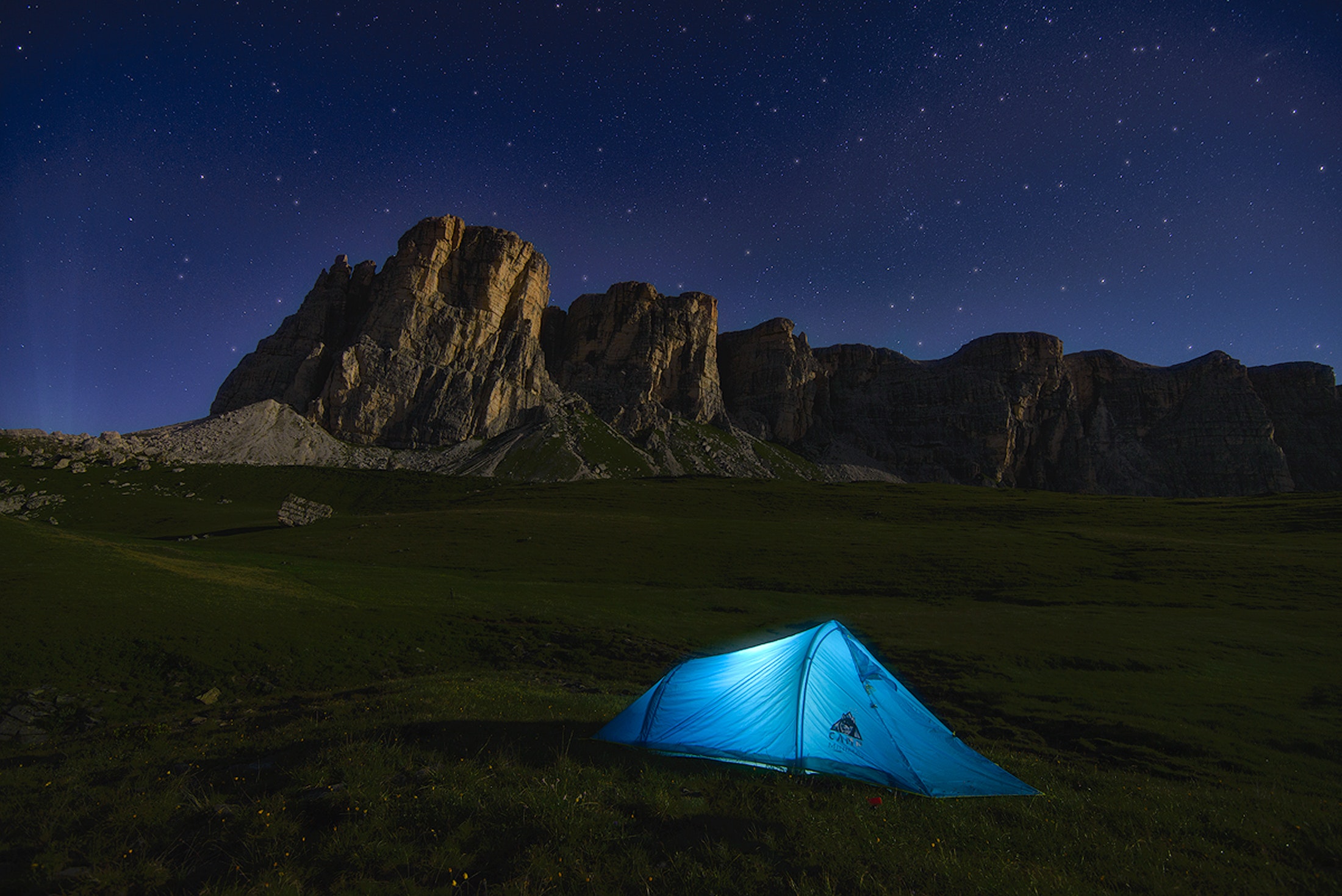Vacation reduces stress levels, gets you out of the office, and allows you to spend time doing the things you enjoy, but here’s a secret you may not know about! Taking a holiday also delivers big time benefits for beautiful summer skin recovery from common skin problems.
Yes, sunburns, bug bites, and heat rash often come along for the ride on summer vacation, but the good skin benefits definitely outweigh the bad. Find out all of the bonuses to giving your skin a vacation, and prepare to return rested and gorgeous.
6 Reasons to Take Your Summer Skin on Vacation
1. Stress Less for Skin Recovery
Playtime is good for you, period. We live in a work-obsessed culture and it can be hard to find time to put down the never-ending to-do list. But it's vital for your health to do so, and your summer skin will benefit when you give yourself a substantial break. A staycation offers beautiful skin advantages. So, even if you don't leave your hometown you should take some time off to rest, play, connect with friends, and just have fun.
Play and rest lower stress levels and that spells big benefits for your skin. When you're in chronic stress response your skin is suffering, and many people live each day feeling run down and wrung out.
Stress increases sebum production, reduces blood flow to skin, and keeps the body from regenerating and repairing cells, something that happens when we rest. These changes mean major exacerbations to skin conditions like acne and eczema, and worse healing results when disruptions happen. Considering that many people are stressed basically every day, this can create ongoing breakouts and inflammation.
Summer vacation time is when we slow down, smile more, laugh, and allow time for connection and recreation. This can be a huge boon to help cut off that chronic stress response and allow cells to rebuild for skin recovery. Hormones also become better regulated when we are happy, and that means healthier skin.
This all relates to an emerging field called psychodermatology that directly connects our state of mind with disruptions in the skin. We can't escape how connected all parts of us are, which is why Blissoma works holistically.
2. You Move More on Summer Vacation
Getting some healthy exercise can also play a part in skin recovery on vacation. Exercise increases circulation and moves lymphatic fluid, aiding crucial processes like nutrient delivery and waste removal. You don't have to go too crazy either, just getting out of sedentary habits can help. Good circulation is part of that glow everyone wants, so make sure you move around some. Take a hike on a nearby trail, go for a swim, or dance to your favorite tunes.
3. Snooze Soundly for Beautiful Skin
Definitely catch up on your zzzzs while you take some time off. Most people aren't sleeping enough in daily life, which increases cortisol levels, stresses the body, and, you guessed it, worsens skin problems.
This is one situation where just resting does more for you. Often we think that things don't improve unless we take action, but good quality sleep is one way to charge up every area of your life and help your skin heal at increased speed.
Repair in your body happens when your nervous system is in the parasympathetic state. That's your "rest and digest" mode that happens during sleep. Your cells are hard at work while you're in dreamland. You're likely to see reduced inflammation and improvements to redness and wounds upon waking.
A solid 8 hours of sleep is recommended. If you can't get that all at night then naps are an awesome way to boost your sleep totals.
Make sure your room is dark and quiet, and at a comfortable temperature. Give yourself a break from digital devices prior to sleep to help your brain settle into sleep more easily.

4. Know How Your Skin Responds To Sun
Sunlight in moderate amounts can actually improve atopic dermatitis (eczema)! This is due to a complex series of interactions as the body responds to sun exposure. Sun exposure in moderate doses triggers the release of anti-inflammatory compounds in the body that can improve swelling, itching, and redness. It also can cause the body to release antimicrobial peptides, which can help stem the overpopulation of bacteria that eczema sufferers experience. That can help dramatically with skin recovery!
Psoriasis also can experience big benefits from moderate sun exposure. UVB rays are the most helpful for this type of skin condition, so skipping the sunscreen can be best for skin affected by psoriasis since sunscreen specifically blocks UVB rays.
People with persistent psoriasis can come back from remote islands where they were swimming in the ocean, getting lots of sun, and not bathing for many days at a time with vastly improved skin. Sometimes our modern world isn't helping us heal our summer skin conditions, and nature actually knows best.
Sunlight is one of the best ways for our bodies to generate natural Vitamin D, and studies suggest that our own Vitamin D production is superior to any orally ingested Vitamin D supplements. This has a whole host of benefits throughout the body including immune regulation, which directly relates to improvements in chronic skin problems.
Conversely rosacea is one skin challenge that may need to avoid excess sun exposure. That's because the sun's rays amp up production of a special immune compound called cathelicidin, which can increase rosacea flares.
If you have rosacea try to go out in the mornings and evenings only to avoid the strength of the mid day sun and use UPF clothing and hats. Chemical sunscreens can actually cause increased skin reactions due to the preservatives, fragrance, and UV filtering compounds in them, so sunscreen may not be the best solution for people with rosacea. If you do use sunscreen choose one that is mineral based, unscented, and preserved with mild, sensitive skin friendly ingredients.
5. Hydro Power for Skin Problems
If you're traveling, you should know that whatever water you come in contact with can greatly affect your skin. Whether it's tap water in a different locale or swimming in natural bodies of water, there can be upsides and downsides to water quality.
Saltwater is particularly cleansing to skin because of its mineral content and can be a huge benefit to people battling acne and psoriasis. It can regulate hydration levels in the skin as well, making you more comfortable overall. There really is something to the "healing waters" of mineral springs and oceans for skin recovery when seen in this light.
Conversely chlorine content in a lot of tap water and pools can be distressing and drying to skin. Be sure to give skin a quick rinse off after swimming in a chlorinated pool. As for tap water, vacation is the perfect time to take shorter showers.
Some natural bodies of water may contain contaminants, such as parasites and fertilizer runoff, and red tides can cause skin irritation. Be sure the water where you choose to swim is safe. Getting far away from industrialized society can give you access to cleaner waters. Incidentally, being aware of water quality is a great reason to fight for more environmental protections so you can swim closer to home.

6. Get Dirty for Surprising Skin Recovery
In our clean-obsessed society it might seem counterintuitive, but getting out into the wilderness and not bathing at all can actually be beneficial for beautiful skin. If you're headed out for backpacking or camping, you are also rebuilding your skin microbiome.
The skin microbiome is an emerging area of research, but we already know that it's absolutely vital for skin health. Sadly, many things in our modern life are detrimental to our skin bacteria, including chlorinated water and the conventionally produced personal care products many people use.
The skin of people in Western, industrialized societies has been shown to have significantly depleted microbial population versus native societies. This means we are already working with a way more limited palette of probiotic buddies.
Preservatives like phenoxyethanol, used in many mass market personal care products, have been shown to decrease some bacterial populations on skin. Chemical preservatives are strong enough to inhibit microbial growth in products and can have a similar antibacterial effect on skin. That means that creams applied in an attempt to improve skin may actually be harming your helpful flora.
As summer skin care tips go, this is one of the easiest - just do less! Taking a break from cleansing the skin and getting dirty may seem counterintuitive, but it can help re-establish more natural microbial populations. So, don't be worried about going a few days without a bath out in the wild. Consider it valuable time to rebuild your microbiome.
Beautiful skin is one more unexpected advantage to taking some time off. The only thing you won’t forget to pack for you summer vacation? Your summer skin!
Disclaimer: The information contained on this site is general in nature and for informational purposes. It is not meant to substitute for the advice provided by your own physician or other medical professional. None of the statements on this site are a recommendation as to how to treat any particular disease or health-related condition. If you suspect you have a disease or health-related condition of any kind, you should contact your health care professional immediately. Please read all product packaging carefully and consult with a healthcare professional before starting any diet, exercise, supplementation or medication program. Cosmetic products have not been evaluated by the Food and Drug Administration and are not intended to diagnose, treat, cure, or prevent disease.


